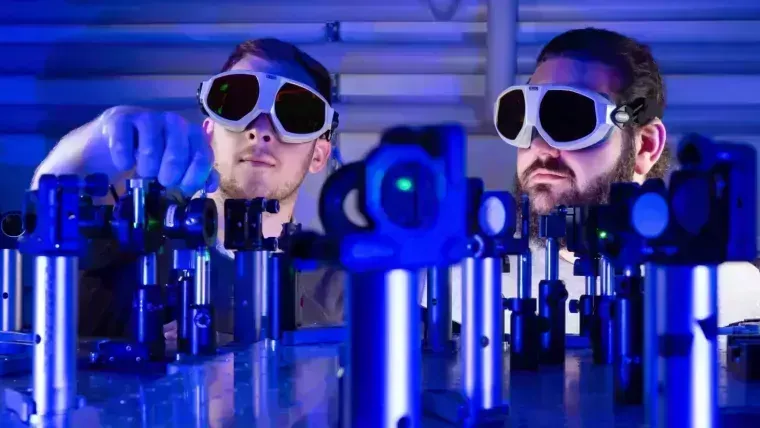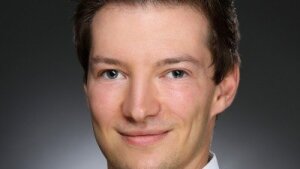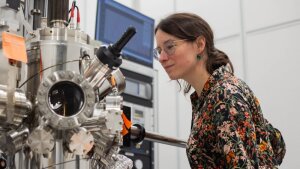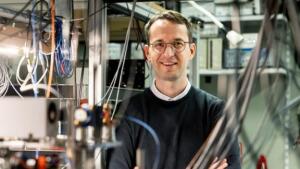
Dr. Patrick EMONTS, University of Ulm
Dr. Patrick EMONTS
Image: www.patrickemonts.comSince 2025, Dr. Patrick EMONTSExternal link is a CZS QPhoton Junior Research Group Leader at the Institute for Complex Quantum Systems at Ulm University. Emont's group focuses on combining quantum information with many-body quantum physicsExternal link. His research is focused on numerical algorithms, especially tensor networks, and spans different fields ranging from quantum information to lattice gauge theories. Additionally, he is a guest researcher in Leiden University, collaborating closely with the group for applied quantum algorithms (aQa).
Dr. Laeticia FARINACCI, University of Stuttgart
Dr. Laetitia Farinacci
Image: Uni StuttgartLaëtitia Farinacci finished her PhD studies concerning “Tuning the Interactions of Magnetic Molecules on a Superconductor” in 2020 at the Free University of Berlin, under the supervision of Prof. Katharina Franke. She then joined the group of Prof. Sander Otte at the Delft University of Technology as a postdoctoral scientist for three years and focused on the experimental observation of coherent dynamics of atomic spins. After a year as a guest researcher at the Free University of Berlin, she started the CZS QPhoton Junior Research GroupExternal link for “Dynamic Control at the Atomic Scale” at the University of Stuttgart in 2024.
Dr. Stephan WELTE, University of Stuttgart
Dr. Stephan Welte
Image: Uni StuttgartStephan Welte studied physics in Freiburg and earned his doctorate from Munich in 2019, completing his doctoral thesis at the Max Planck Institute of Quantum Optics. He remained there as a postdoc until he moved to ETH Zurich in 2022. In 2024, Welte became head of the new CZS QPhoton Junior Research Group for Quantum Network Nodes’ at the University of StuttgartExternal link. The goal of Stephan Welte's research is to set up an experiment for information transmission in a quantum network. Welte uses atoms as qubits for this purpose. Qubits are the smallest units of information on which the function of quantum computers and quantum networks is based. Using qubits, certain tasks can be calculated faster, and information can be transmitted securely without the risk of interception.
NN, University of Jena
A new Junior Research Group on experimental or theoretical Quantum Photonics will be staffed and launched in 2025/2026.


